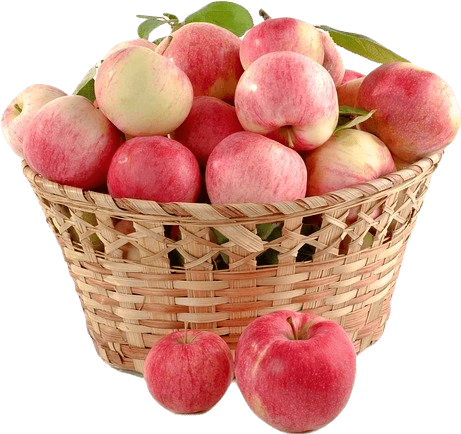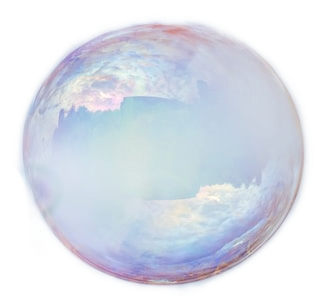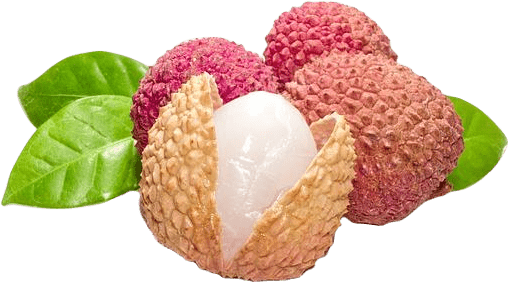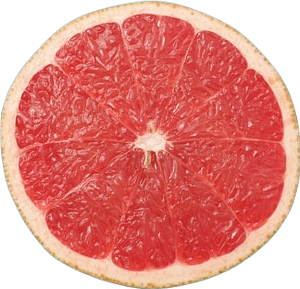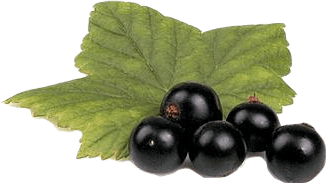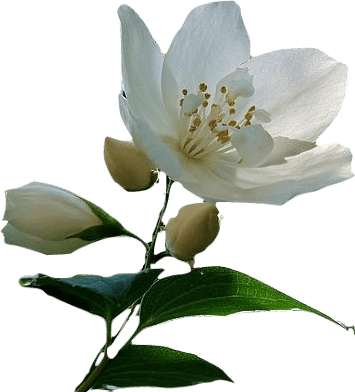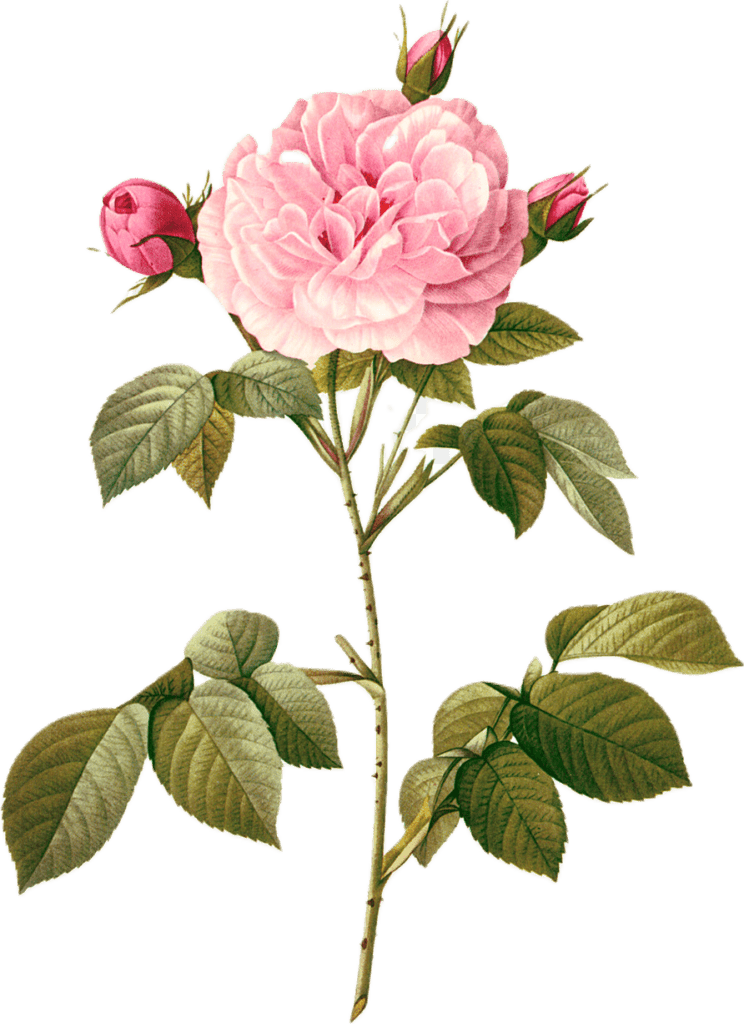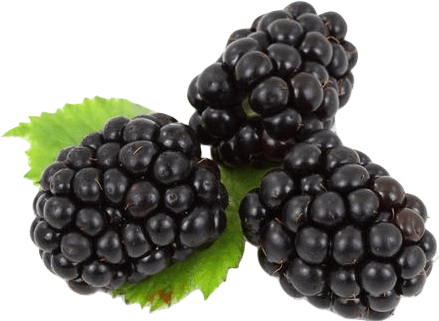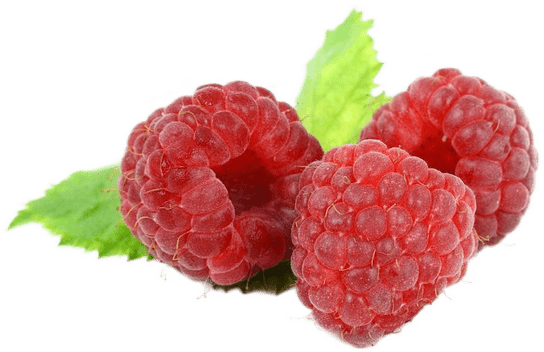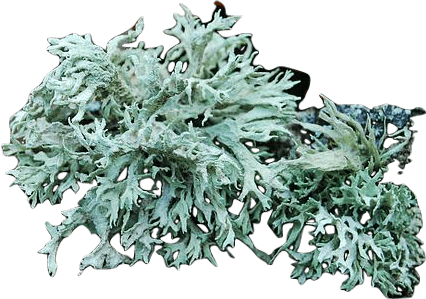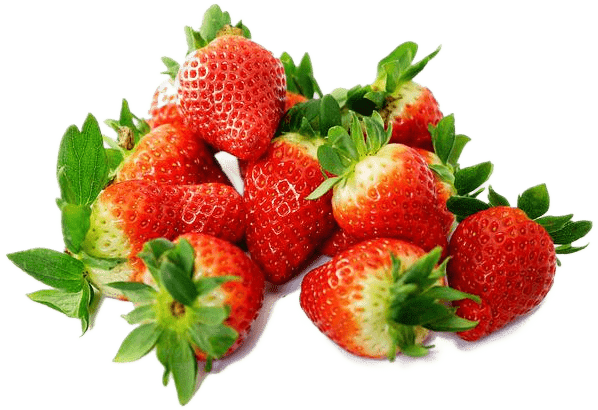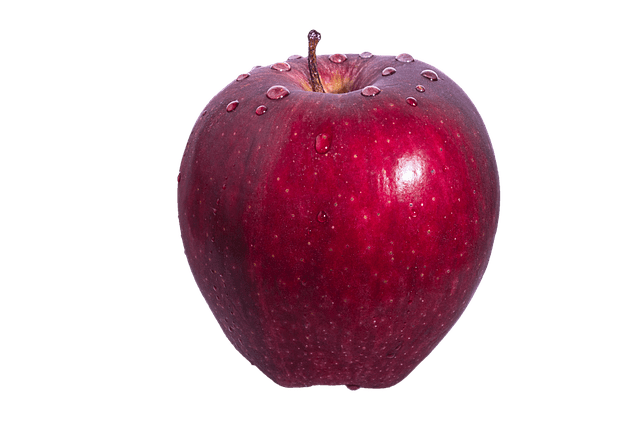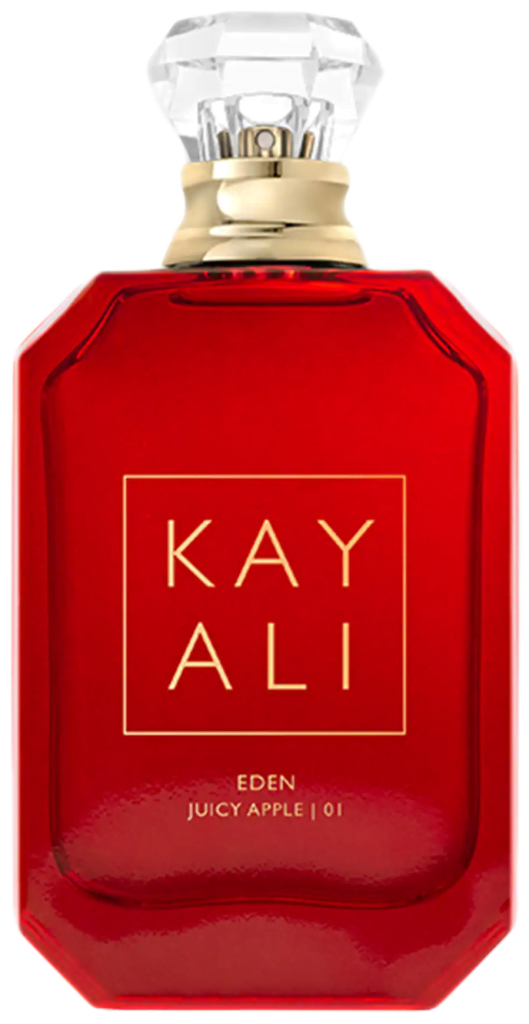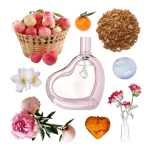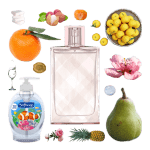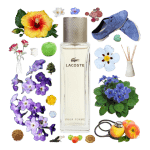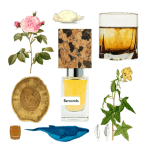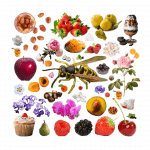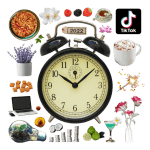Eden Juicy Apple | 01 Eau de Parfum by Kayali Review
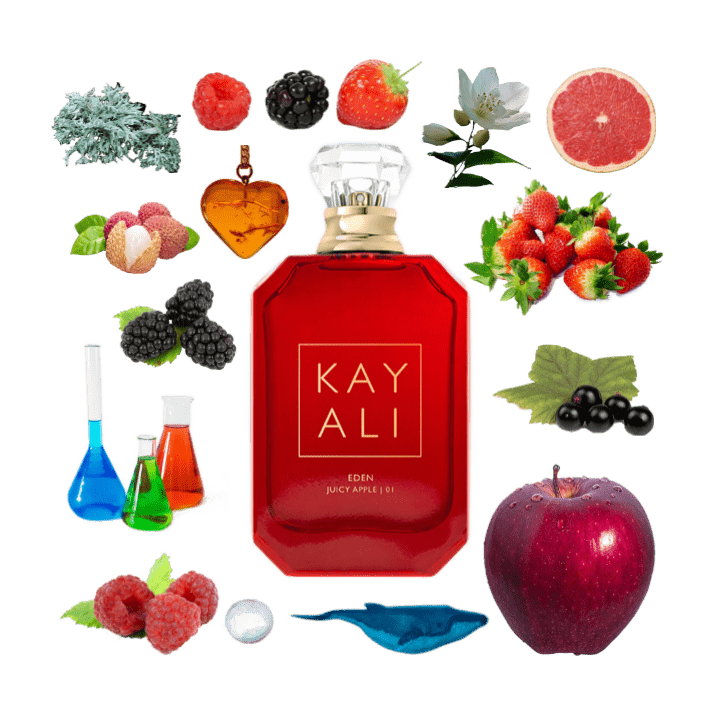
“I slithered here from Eden, just to sniff outside your door”
Hozier, probably
Ah, the apple of Eden, that juiciest of forbidden fruits. It’s a name rife with symbolism and intrigue (albeit immediately thrown off-kilter by the bizarrely gauche inclusion of the word juicy, in my opinion).
Does this December 2021 perfume release from Sephora darling Kayali live up to its name? Free sample in hand, I embarked on a journey to find out.
In the vial, my first impression of Eden is something entirely unexpected: a whiff of the comforting heft provided by oakmoss. This could never be a proper chypre or anything remotely close, but it felt like a comforting mark of quality to notice the sophisticated tang a hint of oakmoss lends to many a perfume. There’s bright, sweet, juicy red fruity notes too, but that plush forest green mossy quality is what really drew me in.
The first few seconds of Eden on the skin: an impressively realistic apple note. There’s that very mild bitter mealy tannin-like quality of apple skin here, an impressive realistic touch. I think of a McIntosh apple, or another similar sort of sour-ish mealy red apple where you can really smell the melange of bitter, tangy, slightly mushy smells on the skin.
It disappears after just a few seconds, leaving the apple note quickly molting from a realistic crisp and juicy sour red to a very sweet fruity juicy shampoo. The overall character of the apple note is squeaky-clean and synthetic, too bright red and pumped full of plastic sweetness. Still, just a touch of that skin texture remains at the end of the breath, a nice detail.
There’s also a substantial streak of noticeable alcohol scent in the opening that makes me think of acetone. Something about the particular subtle timbre of the alcohol and the bitter edge of the apple team up for this to become a bit like a scented nail polish remover.
The synthetic shampoo-ey apple sweetness is loud and aggressive. If you’re at all sensitive to sweet scents, you may well find the opening of Eden to be headache-inducing. My temples start pounding every time I take a deep breath of this opening. Its red artificial alcohol sweetness is just too loud for me, but if you enjoy these sorts of scents it may be fine for you.
With each passing minute, Eden gets more and more shampoo-ey. This is a commercially produced shampoo marketed towards fourteen-year-old girls. It has a rich lather, bubbly, frothy, white.
I do like this apple note more than the one in Dolce & Gabbana’s Light Blue. Where that one smells like puppy shampoo to me, or perhaps Suave Kids Double Dutch Apple hair detangler spray, this one has a touch more dimension to it and at least feels like it could be at home in an inexpensive bath product for teens. That slight mealy-bitter-tannin-crisp edge of apple skin is the most impressive facet of the note, though it’s hardly noticeable past the first five minutes. The continued juiciness is appreciable, though it’s overshadowed by the headachey sweet shape of the note.
Beyond this initial crispness and red apple skin texture, the character of the apple note is a typical vague synthetic bright red fruitiness, wobbly around the edges, vaguely apple-shaped and held together by a background dose of red berries. It’s a little bit fizzy, a little bit sherbet-y, reminding me just a little bit of the shaved-ice-fizzy-mealy-slushy texture of the fresh rhubarb note in Comme des Garçons’ Series 5 Sherbet: Rhubarb.
My mother, fan of early 2000s fruity shampoo scents though she is, said this was far too sweet for her. Frankly, it’s too sweet for me too, especially in that fruity shampoo explosion of an opening. There’s enough sweetness here to give you a throbbing headache if you’re unaccustomed to sweet fruity scents, although the effect does fade with time as you get used to it and Eden disappears.
The actual crisp, realistic juiciness of the apple fades into a typical shampoo-ey freshness within the first five minutes, buy a distinctly Juicy vibe remains. That’s right: Eden isn’t just juicy, it’s Juicy. It makes me think of velour sweatpants with large glittery rhinestone letters emblazoned on the ass. Eden is all late 90s and early 2000s bedazzled loungewear and fruity body spray, spaghetti straps and bling. This is your average popular tenth grade girl’s day-to-day scent, the body spray she oversprays in the locker room after gym class.

I do appreciate the composition of Eden. This is a high-quality take on the fruity body spray scent, a nest pyramid of varied notes blended together pleasantly into one cohesive scent. All in all, though, the sweet juicy apple note is the powerhouse here, with the other notes barely hinting out from behind it, lending it just a tiny bit more interesting nuance.
Indeed, the varied other listed notes are little more than window dressing, with their listing in the marketing perhaps more of a selling point than their presence in the fragrance themselves. The considerably long list of notes for this relatively simple scent seems to scream “See? I’m sophisticated! I’m well-blended! Multifaceted! I’m not just another run-of-the-mill shampooey sweet apple scent!” The fact of the matter, however, is that the average consumer will smell little more than apple here.
I can make conjectures about where some of these window dressing notes appear, but these are vague guesses; nothing is really clear hear except for bright red apple.
The lychee note here is perhaps ever-so-slightly noticeable at the topmost edge of the shampooey accord, lending it an extra twist of tropical pink clean fruitiness that’s right at home in a bath scent. It reminds me of the tropical shampoo vibe of Burberry’s Burberry Brit Sheer (which, just like all the other coattail-riding Burberry Brit ‘flankers,’ smells nothing at all like the original Burberry Brit).
I can imagine the freshness here is further accentuated by the sunny yellow lilt of a hint of grapefruit. It also probably lends a hint of bitterness to that suggestion of apple skin, which is a clever trick.
I’d believe there’s something like black currant — or the industry’s idea of black currant, a note I, as someone who grows currants, have always found wildly unrealistic — hidden in the freshness of the shampooey fruity central accord as well, lending it another facet of lightness, a current of slightly green fresh air.
At times I can sense something green and almost mint-like in the concoction of fresh and clean shampoo notes. I wouldn’t be surprised if black currant gives some of that green freshness to Eden.
There are definitely jasmine indoles blended in with the fruity notes. This isn’t a prominently recognizable floral accord, but an infusion of white floral indoles among the fruity notes about an hour in. The blending is smooth, not jarring, yet the effect is an odd melange, like walking into the body spray section of a drugstore and being surrounded by different fruity and floral fresh options, their scents mingling in the air.
Perhaps there is even a trace of something like rose in here, but I honestly can’t convince myself I smell it. Rose is a distinctive scent, not something easily atomized to a facet of another note, and I can’t even pretend there’s anything like a detectable rose in here. If there’s any dose of rose, it’s miniscule.
There’s a whiff of something like mixed berries in the heart notes as well, just the faintest suggestion of strawberries, blueberries, blackberries, and raspberries, the generic nondescript sort of berry scent you see often alongside fresh-apple-scented products. It adds a nice touch of texture to the composition with something like the sourness of blackberries, but is mostly a cavalcade of more bright-candy-red generic fruity smells, perhaps shaped like a raspberry here or a strawberry there.

The berries add some vague red fruitiness, filling in the body of the apple and preserving its contours and shape, but not much of interest. If berry scents tend to be loud on your skin, you may well interpret Eden as a berry scent more than an apple one; for me, the artificial-red-fruitiness blends together in a haze I’m just as happy to call apple as anything else, but that’s not to say it’s altogether convincing.
The listed raspberry bloom note is a fantasy note. My raspberry bushes bloomed a few weeks ago, and they didn’t smell like anything. That being said, raspberry may well be the most prominent of the nondescript mixed berries — which is to say, the vague fruity berry scents here are distinctly red and sweet, lacking the distinctive twang of other berries.
One to two hours in, I start getting occasional whiffs of that oakmoss note. I’m surprised and impressed that it’s prominent enough to come through at all, but there it is, lending just the faintest whisper of a sensual retro quality to the base notes of Eden. At times I’m reminded of the “chypre-lite” vibe of Chloé’s Nomade — except this is ten times as light, the faintest hint of a refined mossy quality buried beneath the fruity top and heart notes.
Still, I’m surprised how relatively prominent the oakmoss is, and how early it comes out — by an hour and a half in, it’s a prominent main accord. By two hours in, it intermingles with the red apple scent consistently, accompanying it with a faint dignified mossy accord.
They’re blended together decently, the balance still leaning overwhelmingly towards the red apple, but the combination is a little odd: a bitter dark-olive-green retro oakmoss accompanying a 90s Juicy Couture bright red candy apple. Something about the pairing scratches against the insides of my nose a little with each inhale, keeping me from breathing in too deep without feeling a dry scraping in the back of my throat.
While some oakmoss accords lean delicate and melancholic, this one feels more dense and traditionally masculine. I can see how many reviewers unfamiliar with oakmoss would interpret this as a masculine woody accord, and not particularly love it. It’s an odd counterpoint to the juvenile synthetic-sugary red apple at the center of this fragrance. Perhaps the desired effect is an air of sophistication. Indeed, I do sense quality and deference to rich perfume history when oakmoss shows up where I never would have expected it. However, it just doesn’t gel with what the audience is looking for in Eden: nostalgic synthetic sweet simplicity.
The oakmoss here is the strongest argument for this being an elevated, luxurious take on the apple body spray vibe rather than a run-of-the-mill recycling of the usual sugar-fruit-musk theme. Simultaneously, it runs counter to everything the apple body spray lovers want to smell in this. I have to wonder: what juicy fresh fruit fragrance lover out there is willing to pay so much more than drugstore body spray price for a perfume where the cheap synthetic notes they actually like are cut with heavy masculine moss for the sake of sophistication?
There’s no true wood note listed in the pyramid for Eden, but there truly is some generically woody molecule interwoven with the oakmoss here. I think it might be… ambroxan?
It brings a touch of muskiness and a solid dose of traditionally masculine nondescript woodsiness to the composition. It’s mixed in smoothly with the oakmoss such that I didn’t notice it at first, just thought this was a really woody moss note, but as time goes on it becomes clear that it’s in the bottom of this fragrance, unlisted.
Perhaps it adds some of the fizzy quality to the apple note, and smooths the composition with a through-line of muskiness. In the very late drydown I can pick up a very faint metallic or salty facet to the muskiness, which is a tell-tale sign of ambroxan for me.
It’s a chemical approximation of ambergris, salty and musky, that accentuates and tweaks other notes more than it speaks for itself. Here it twists the oakmoss into something woodier and lends some faint salt and musk to the composition.
Oddly enough, that traditionally masculine oakmoss-ambroxan accord is… just about all there is to the drydown (and it starts an hour in, to give you an idea of how fleeting and messy the pacing of Eden is). The scent does get a touch muskier as time goes on, never overwhelmingly so. The musk is blended nicely with the oakmoss, feeling more like an herbal sort of musk rather than a really animalic one.
(Turns out lab ambroxan is extracted from sclareol, which comes from clary sage, so that herbal musk vibe makes sense.)
There is no vanilla, amber, or sugar to speak of in the base of Eden on my skin, and I’m not the only reviewer that has found these to be missing. Though Eden is certainly sweet enough already, the lack of any meaningful fixative base short of a touch of moss and musk feels sloppy to me, an oversight of an unfinished scent.
Strong base notes are essential, after all, as fixatives: they help the rest of the scent cohere together and stick around. By the drydown, the apple accord has faded enough and the masculine woody oakmoss is prominent enough that I could have taken a hit of pleasant vanilla amber and sugar in stride here, but there’s none to be found.
Actually, there is just a tiny hint of amber in the very last breaths of Eden’s drydown, adding just a hint of soft sweetness to the oakmoss-musk concoction. The effect is really pleasant. It makes me think of a plush dark-green carpet, soft and expensive and lovely to walk on. This is my favorite moment of Eden by far, when the apple has all but disappeared and left behind a whisper of rich green oakmoss and lush amber and musk. The very palest ghost of the apple accord remains, lending a simple, pleasant juiciness to the decadent amber-moss concoction.
It’s a shame this phase of the scent is so faint I can’t be entirely certain I’m not imagining it. There’s a good idea buried here in the very base of Eden, and I wish perfumers Clement Gavarry and Gabriela Chelariu had taken care to excavate it.
All in all, Eden is an entirely linear scent, composing a single accord and sticking to it through and through, the only interesting change being the gradual emergence of the oakmoss. The blending in that accord, I have to admit, is well done, combining a number of fruity and floral notes seamlessly into one cohesive whole.
This is made easier, on the other hand, by the fact that the whole in question is 98% apple, and that you have to squint enormously hard to even imagine where all the other notes might be.
Here’s the thing. If you like inexpensive fruity juicy body sprays, there’s nothing wrong with that. Bath and Body Works still exists, as does your local drugstore. You could get a dozen different fruity body sprays for the price of one bottle of Eden.
I mean, I see the appeal. It really is a brilliant gimmick: capitalize on the idea of inexpensive fruity body sprays that millennials are nostalgic for by making a version that’s ten times as expensive and telling them this one is sophisticated and grown-up. Truthfully, the vibe here is just as cute and youthful, bubbly and giggly as any other loud sweet fruity scent.
Eden succeeds in channeling that junior high school “Bath and Body Works body spray and shampoo kit that you got for Christmas from your Aunt Cheryl” vibe, but fails to convince me it’s in any way worth the price. Sure, the composition here feels a touch more polished and well-rounded than your average cheap apple scent, but I can’t help but feel that the subtleties of such artistry fall low on the priority list of someone that just wants to wear a bubbly happy fruity scent.
Do you really think the Bath and Body Works fiend this fragrance is targeted at will be enthralled by the balance, the numerous notes of the composition, the faintest hint of oakmoss? No. They want something fruity-fresh to wear, and this fits the bill just as well as any number of cheaper options do.
Really, what the price gets you here isn’t an additional mark of sophistication or a much larger quantity of realistic juicy freshness: it’s relief from your shame. Much like Guerlain’s L’Homme Ideal’s packaging of traditionally feminine sweet amber notes in a mess of manly marketing and aftershave-y aromatics to try to convince the self-conscious bro it’s okay to smell like almonds, Kayali uses its status as a respectable, pricey Veblen good to convince the self-conscious millennial woman she has taste and it’s okay to love the same fresh apple scents she loved in middle school.
Of course it’s okay for you to love the same simple fresh fruity scents you’ve loved since you were a kid, just like it’s okay for a man to like smelling like tonka bean and almond. In both cases, though, the marketing really makes it apparent how much these sorts of gimmicks play on consumers’ shame. Secretly want to wear a sweet gourmand scent but feel like it might make you effeminate? Let me hold your hand and reassure you this is what the ideal man wears! Secretly want to indulge in your love of fresh apple body spray but scared of coming off as immature and cheap? Here’s an expensive version in a pretty grown-up bottle!
Take away the marketing’s reliance on relieving shame and you will see there are comparable sweet fruity scents for far less than the price of Eden, just as there are far better masculine gourmand scents out there than L’Homme Ideal.
That being said, the positioning of Eden squarely between millennial nostalgia and the self-conscious desire to look grown up is brilliant and ensures that this fragrance is going to continue to sell.
This is a juicy, artificial sweet apple scent that smells far cheaper than it is. You’re paying for the brand name here — which is the case with most designer scents anyway — but in this case the actual scent carries even more of an inexpensive aura than usual. Sure, that’s partially cultural associations surrounding the kinds of things that smell like artificial candy-red apple and berries: cheap body sprays. However, for the price, surely some more innovation could have gone into the quality and balance of the notes. There’s a long list of interesting notes here, but most are utterly undetectable behind the apple, which, in turn, comes across as cloyingly synthetic and artificially red.
Then again, it’s hard to criticize the concept of Eden, as the marketing is self aware about it: this is sold as a nostalgic throwback to cheap, synthetic fruity body sprays, and that’s exactly what it is. It’s a clever way to sell something that feels cheap under the guise of luxury, but the gimmick is not remotely worth the price tag.
I think of the Bath and Body Works Winter Candy Apple line as one point of comparison. (Country Apple seems like a closer point of comparison, based on notes and other reviewers’ comments, but I haven’t smelled that one myself.) It’s not that the scents are identical, but rather that they have the same sort of overall vibe and caliber: inexpensive synthetic apple scent, meant to be sold at a bargain-bin discount.
One thing that did surprise me about Eden: its performance, sillage, and longevity. (Okay, I guess that’s three things. Anyway.) Frankly, this performs like an eau de toilette. Its projection is faint from the beginning, a whispering skin scent from about half an hour in. There’s no sillage to speak of, and it lasts a paltry four hours, if that. (Perhaps the faintest oakmoss-and-musk skin scent lingers for another hour or two, accompanied by the lightest hint of amber, but you really need to bury your nose in your arm to pick any of it up.)
I’m not one to demand huge performance from all my fragrances, but at the price point, as an eau de parfum, and with such loud, screechy synthetic notes at its center, it’s ridiculous to me that Eden doesn’t last.
By three hours in, the skin scent is already so faint that I can hardly smell it over the smell of anything else in the room — a candle on the windowsill, a cup that used to have berries in it on my desk, the smells of my own skin and sweat.
It feels like Eden skips some steps, really. The notes are blended together smoothly, but the choices about their proportions are poor. The apple accord has way too much power here, while there are no robust middle or bottom notes to speak of to fill out the fragrance, meaning Eden is all but over as soon as the fruit notes tap out.
At least when I smell an inexpensive fruity perfume or body spray by Victoria’s Secret or Bath and Body Works, I expect those inexpensive fruity red notes to screech along for an acceptable amount of time. In this way, Eden is markedly worse than its cheaper colleagues, which have comparable red apple scents and, generally, better performance.
The number in the name Eden 01 signifies that this was the first edition of the scent Kayali concocted, and, after playing with numerous variants, they ended up going with the first one. Unfortunately, this doesn’t seem to be because they got it perfectly the first time around. This feels unfinished: the apple accord seems to last the whole way through the short lifetime of the fragrance, and there are few base notes to speak of.
The brand is anxious to inform you that you can layer it, which I think is sound advice, seeing as this is mostly a single fruity accord without nearly enough background and character filling it in or base notes balancing it out.
As cliché as more vanilla, amber, or musk or the addition of something like tonka bean would be here, Eden needs the fixative qualities of a strong base in order to keep the fragrance sticking around. Something creamy and smooth would have done wonders for holding the whole thing together and tempering the masculine woody character of the oakmoss. The red apple — which is only loosely apple-shaped, more of a general suggestion of synthetic sweet red fruitiness most of the way through — dominates the scent such that the numerous other interesting-looking listed notes can’t be detected.
If I were in charge of the Kayali lab, I’d re-balance the notes, scale back the apple scent (and, since I have the Kayali budget, experiment with ways to make that note more interesting, realistic, and polished), and add a heavy dose of crowd-pleasing cliché sweet base notes for the sake of longevity and to balance out the masculine woody oakmoss. And if I just couldn’t make the longevity work, I’d recalibrate it as an eau de cologne, eau de toilette, or, hell, even a body spray. As it is, this just doesn’t have the volume or lasting power to call itself an eau de parfum.
Perhaps the brand simply ran out of time as they rushed the release of the pretty bright red bottle in time for the winter holiday season. Who’s to say?
Regardless, this is an overpriced, under-performing take on a played-out theme. Considering the poor performance, I don’t think Eden is worth the pricetag for even the most ardent lover of fruity body spray scents.
Just go to your local drugstore. Or Bath and Body Works or Victoria’s Secret or something. You’ll find a scent of comparable quality that lasts longer and costs far less.
I like Kayali’s messaging about making fragrance more accessible for new consumers, but that’s just not what I’m seeing here. This isn’t a friendly, familiar brand gently introducing people to complex and interesting fragrance notes and concepts in a simple and non-intimidating manner. Rather, this is a brand getting people accustomed to shelling out enormous amounts of money for fragrance by selling them things that smell familiar and cheap. That’s the opposite of what I’d call making fragrance more accessible.
One can argue about the whole point of fine fragrance being innovation, originality, or just plain pleasure, but it certainly isn’t costing a fortune just for the sake of costing a fortune. Making stuff that smells cheap and claiming you’re making designer fragrance more accessible for consumers is at best meretricious and at worst insulting.
Of course, just about everything in the world of fragrance is over-priced and sold based on brand name, but Eden by Kayali is a particularly garish example. There are strong points to the composition, but they’re nothing to write home about and are buried under a pile of ephemeral synthetic red apples. Just go to your local drugstore and you’ll find something better.
Where to Find Eden Juicy Apple | 01 Eau de Parfum by Kayali
You can find samples, decants, and full bottles of Eden Juicy Apple | 01 EdP at MicroPerfumes.
This is an affiliate link. If you click on it and buy something, the seller pays me a commission, at no extra cost to you. You can learn more about them here.
